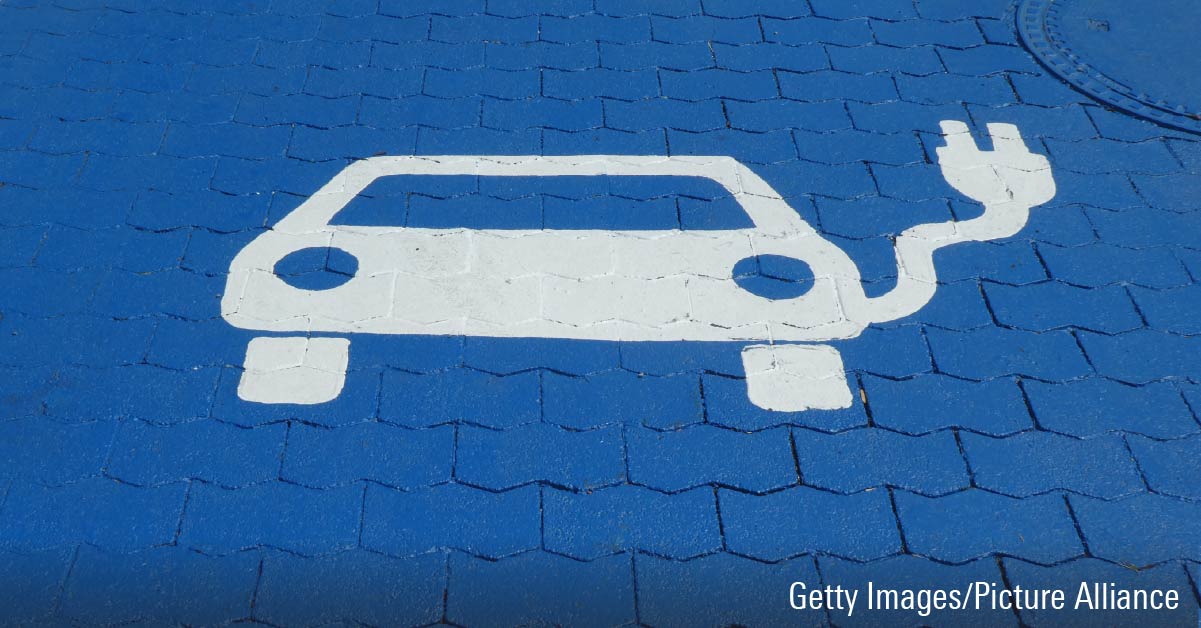Tariffs On Chinese EVs Offer US Automakers a Chance to Capture Demand
The US remains on track to see 40% electric vehicle adoption by 2030.

On May 13, the United States announced a series of new tariffs on Chinese imports. These include a 100% tariff on electric vehicles, a 25% tariff on lithium-ion batteries and battery parts, and a 25% tariff on critical minerals like graphite, permanent magnets, and cobalt.
The tariffs will likely limit US imports of EVs, batteries, and battery materials. However, this news does not change our view on US EV adoption. We still expect the country will see 40% EV adoption by 2030. The tariffs follow the 2022 Inflation Reduction Act, which created federal subsidies for EVs of up to $7,500, on the condition that their batteries and the critical minerals in those batteries were made either in the US or by a free-trade partner. Given that US EV adoption is still in the early market phase, when a subsidy is a large sales driver, we think the lack of ability to offer a subsidy has already incentivized automakers to pursue a supply chain that avoids Chinese imports.
In the interim, we think the tariffs will likely keep many lower-cost Chinese EVs out of the US. Currently, we view the lack of EV options in the affordable vehicle segments as holding back US EV adoption. For US automakers developing affordable EVs, such as Tesla TSLA, General Motors GM, and Ford Motor F, this creates an opportunity to capture US consumer demand.
We were surprised lithium was not included on the list, as China controls the majority of global lithium refining capacity. However, little of that lithium is exported to the US, as China instead exports lithium-ion batteries to America. Regardless, the major US-listed lithium producers under our coverage have global operations that either refine lithium in the US and China or sell to both countries, which limits the impact of a potential tariff. We see no changes to our outlook for higher lithium prices in the second half of 2024.
The author or authors do not own shares in any securities mentioned in this article. Find out about Morningstar’s editorial policies.

/s3.amazonaws.com/arc-authors/morningstar/ca8d2ce1-cd0f-433b-a52b-d163be882398.jpg)
/cloudfront-us-east-1.images.arcpublishing.com/morningstar/T5MECJUE65CADONYJ7GARN2A3E.jpeg)
/cloudfront-us-east-1.images.arcpublishing.com/morningstar/IRAS2PNXWNDGRPQXLGHV6T7QWE.jpg)
:quality(80)/s3.amazonaws.com/arc-authors/morningstar/ca8d2ce1-cd0f-433b-a52b-d163be882398.jpg)